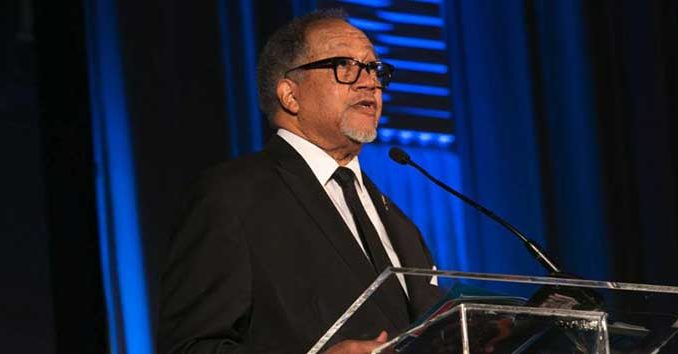
Andreanecia Morris Executive Director Housing NOLA
On September 4, the Center for Disease Control (CDC) took the extraordinary step of enacting a broad moratorium on evictions for nonpayment of rent through end of 2020. The moratorium applies to all tenants who meet certain eligibility requirements and present a signed declaration to their landlords. If renters meet the requirements and sign declaration, they will be protected from evictions this applies to ALL properties. To be eligible, renters must:
– have individual income less than $99,000, did not have to pay income tax in 2019, or received a stimulus check;
– be unable to pay rent due to income loss or extraordinary out-of-pocket medical expenses; and
– expect they will become homeless or have to double up if evicted.
Affordable housing advocates have consistently held that the very least the federal government ought to do is assure Americans that they won’t lose their homes in the middle of a global pandemic. In New Orleans, city courts have suspended all evictions while they sort out the specifics of the order. But while an eviction moratorium is essential, it is a half-measure that extends a financial cliff for renters to fall off when the moratorium expires and back rent is owed. This action delays evictions, but does not prevent evictions after the orders expire. This order also doesn’t address the people who have already been evicted after the city/state and CARES ACT moratoriums expired. There is also concerned about tenants being required to assert their right to housing instead of receiving help. Legal aid partners are already overwhelmed and we need more supportive services to manage the relationship between landlords and tenants.
New Orleans and the state of Louisiana must use funds from all available sources, for immediate rental assistance so landlords can continue to provide housing for renters and to secure short term rentals for the housing insecure. The rental assistance should have renter protections, such as just cause eviction protections, a 14-day right to cure, anti-retaliation policies, and fair criminal background screening procedures, in order to ensure stability and long-term tenancy.
With the evacuees from Hurricane Laura taking shelter in New Orleans hotels, we can still take advantage of over 18,000 vacant homes and apartments—including short term rentals. These programs should also include an allocation for case workers, for those in need of social services, and for property managers and maintenance personnel who will be working tirelessly to ensure the habitability of homes during this crisis.
Congress & the White House must #GetBackToWork on negotiations to enact a COVID-19 relief bill with at least $100 billion in emergency rental assistance. The CDC has taken the first step by saying that housing is essential during this global health crisis. We now need all public officials (Congress, City & state officials) to must #PutHousingFirst and provide assistance for essential workers who are housing insecure, provide new housing options for vulnerable populations and support people impacted by COVID-19. Together with national eviction moratorium, this would keep renters stably housed during and after the pandemic.
Recommended For You.



Be the first to comment